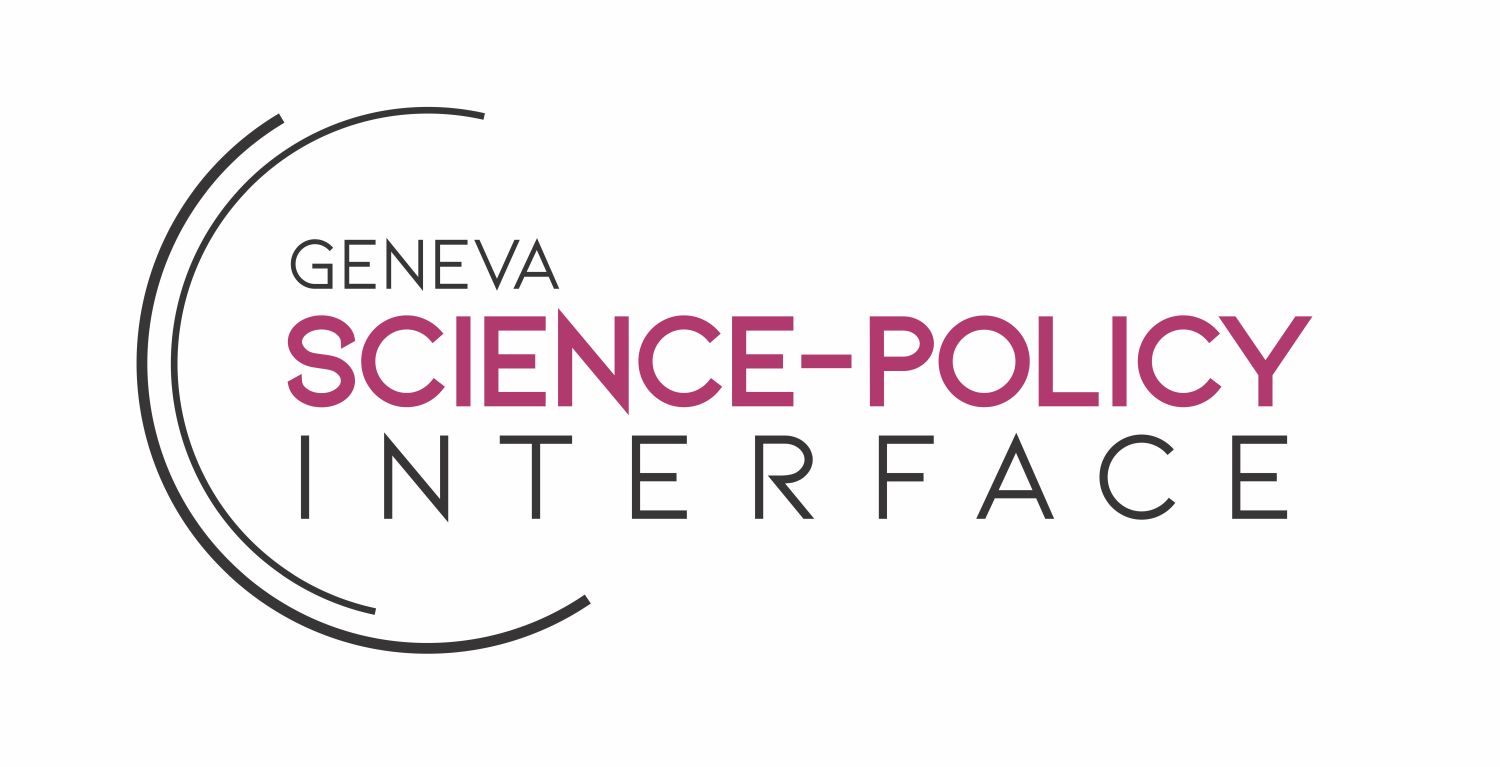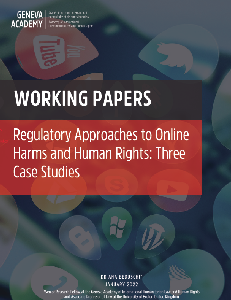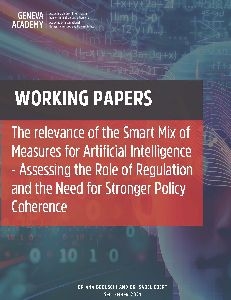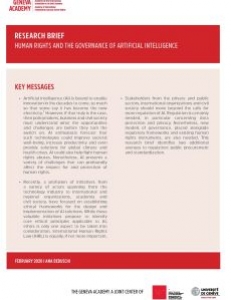Disruptive technologies such as artificial intelligence and advanced robotics pose significant societal challenges and specific threats in the area of human rights. For example, they can be used to exacerbate ethnic conflict, fuel hate speech, undermine democratic processes, facilitate state surveillance, and perpetuate discriminatory narratives and practices. Better regulating these fast-paced technological advances requires placing international human rights law (IHRL) at the centre of regulatory and policy frameworks.
However, two main problems persist: (1) IHRL is not always sufficiently built into these regulatory and policy frameworks as many initiatives refer only to ethics, not law; (2) most stakeholders tend to operate in silos, without overall coordination between industry, policymakers, academia, and civil society. As a result, digital technologies carry on causing disruption, stresses and potential shocks to socio-political systems, and the protection of human rights.
Objectives
This project – carried out by Dr Ana Beduschi – facilitated a multistakeholder consultative process to identify knowledge gaps, generate new evidence and co-design evidence-based tools to support regulatory and policy responses to human rights challenges linked to digital technologies. It contributed to the Office of the United Nations (UN) High Commissioner for Human Rights (OHCHR) B-Tech Project's goal to advance the implementation of the UN Guiding Principles on Business and Human Rights (UNGPs) in the technology space. In particular, the collaboration will investigate ways to promote human rights-based societal resilience in the face of ever-evolving disruptive technologies.
Donor and Partner
This project – funded by the Geneva Science-Policy Interface – was carried out in partnership with OHCHR’s B-Tech Project, which provides authoritative guidance and resources for implementing the UNGPs in the technology space.
















